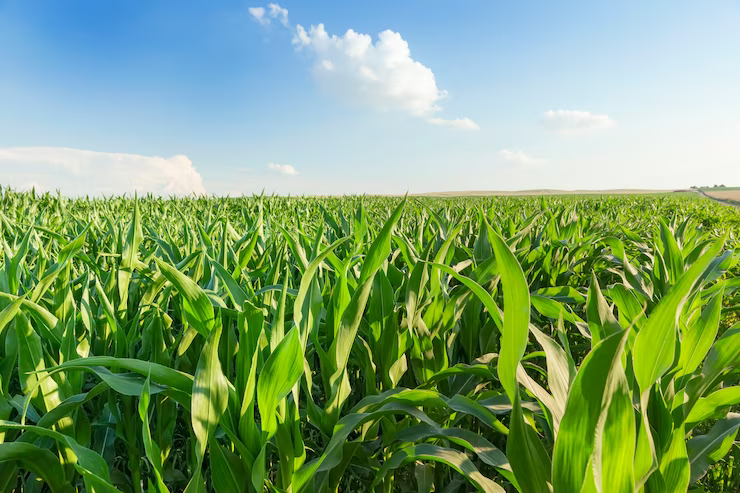About Al-Nada Farm
The Al-Nada Farm project spans a total area of 238 acres, strategically situated in the Al-Moghra area, directly south of the proliferating city of Al Alamein, and approximately 54 km from the Mediterranean coast. Notably, the site boasts excellent connectivity, being intricately linked to the ports of Alexandria and Dekheila via well-established highways. Moreover, its proximity to the newly developed airport in New Alamein enhances its accessibility.
Al-Nada Farm is engaged in comprehensive agricultural activities, encompassing reclamation and various other agricultural operations. Additionally, the project provides a marketing platform for its agricultural products, should clients express an interest in such services. Importantly, land ownership rests with the client, and this ownership is duly recorded and officially recognized by the Egyptian government, facilitated through the representation of the Egyptian Rural Development Company.


Sustainable Agriculture Project
The land is undergoing meticulous preparation for the cultivation of valuable crops, notably the jojoba plant, often referred to as “green gold.” In addition to jojoba, our project encompasses the cultivation of olive and palm crops, complemented by fish farms situated in the Al-Moghra area.
The fish farms consist of four ponds, each measuring 20 m * 50 m, with a depth of 2 m. A key feature of our sustainable approach is the incorporation of solar energy units tailored to meet the specific needs of the farm, ensuring an eco-friendly energy source. Furthermore, the farm utilizes solar-powered groundwater wells to facilitate efficient irrigation throughout the entire area.
In an effort to promote sustainable farming practices, agriculture waste is being recycled to serve as feed for farm animals. This approach not only reduces the amount of agriculture waste produced but also provides a valuable source of nutrition for livestock. Additionally, we are planting Casuarina trees around the farm in order to protect the crops from the damaging effects of heavy winds and sand storms. These trees also provide a secondary benefit as the residue can be sold as wood, further contributing to the economic viability of the farm. By implementing these innovative techniques, we are able to minimize waste and maximize resources.
The project is overseen by a team of specialized experts and engineers who adhere to sound scientific principles in their management approach. Every facet of the project, from the road network to a state-of-the-art drip irrigation system, is equipped with a complete infrastructure.
